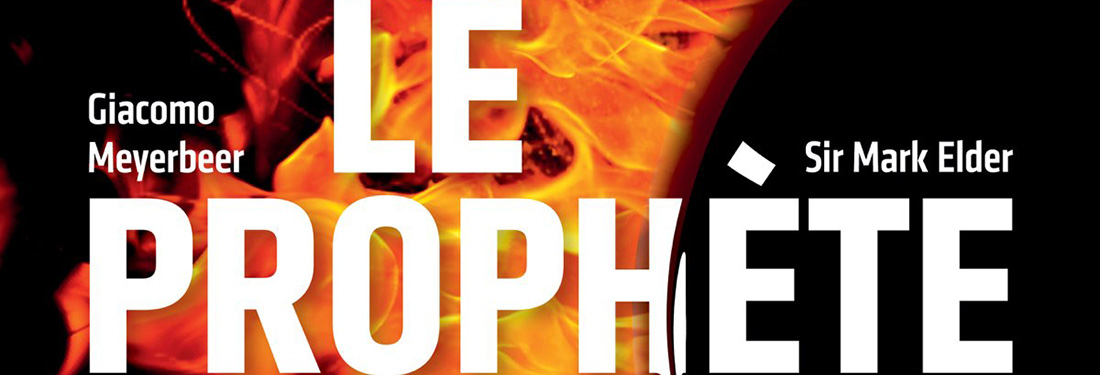

Despite this opera’s trove of riches, Semiramide was not a work that gripped my imagination until the emergence of recent spectacular recordings and performances. My introduction to the opera originally came from Richard Bonynge and Ion Marin’s studio recordings, both of which I regarded as so dramatically inert and musically limp that I would have blindedly forgone reexamining Rossini’s serious works.
But, great performances of this difficult rarity are sometimes necessary to reverse one’s prejudices and opinions about a creator’s oeuvre. When properly done, one recognizes Semiramide for its great dramatic potential, its vibrant instrumental lines, its solo writing’s theatrical verisimilitude, and its inventive deployment of recitatives and ensembles that would foreshadow ideas employed by composers like Verdi and Berlioz.
For this, I credit my newfound interest in Rossini’s opera seria on two exceptional performances: Mark Elder’s new studio recording on Opera Rara, and Michele Mariotti and David Alden’s theatrically engrossing, musically intense and synchronized Gesamtkunstwerk staging of the opera from the Bayerische Staatsoper.
Elder’s recording from the laudable Opera Rara label perhaps represents the company’s pinnacle in orchestral finish, starry casting, virtuoso solo work, and theatrical interpretation. While most of Opera Rara’s earlier pressings of Rossini’s rarities were performed by technically capable if somewhat faceless ensembles and solo artists, the artistic team contracted for this project are of a caliber worthy of comparison beside the starriest products from larger recording studios.
Elder here presents the opera uncut, placing the work at a mammoth nearly four hour runtime that contests even some landmark Wagnerian recordings (Boulez’s Parsifal and Böhm’s Tristan, for instance, finish earlier).
Despite its length, Elder’s intensely theatrical reading and exquisitely shaped and tinted orchestral backdrop create one of the most thought provoking visions of the opera, demonstrating how a score normally relegated to timekeepers comes alive when undertaken by an artist attuned to its rich musical details. Here, an opera that normally proceeds as a parade of virtuosic bel cantian quarter hours is unified into an absorbing music drama.
My thoughts often return to that cataclysmic finale of the first Act (which mirrors the grandiosity of the bookends of Acts 1 and 2 of Verdi’s Macbeth) and the incredible marriage of musicality and expression exhibited by the cast, chorus and orchestra.
More than any audio recording that precedes this Opera Rara release, I find that Elder calibrates his tempi intimately to the drama, the rhythms exact and verbally attuned, the vocal lines exquisitely balanced and sculpted to unveil the expressive prowess of Rossi’s libretto and Rossini’s orchestration.
The highlights of the conductor’s leadership lie in the important interactions between its titular character and the two other main players, with the orchestra lines phrased more leisurely and carefully to highlight the music’s full dramatic potential—a stark contrast from the workaday accompaniments by Bonynge (not to mention the pedestrian reading by Ion Marin).
The wonderful duets between Semiramide and Arsace acquire a greater intimacy in this reading, and the crucial, Macbeth-esque interaction between the queen and Assur transforms into a dramatic crux for the main character.
In contrast with Antonino Fogliani’s brisker tempi and period like sonorities, Elder’s more pensive, psychologically insightful approach infuses the score with a more immediate sense of theatricality so needed to accentuate the libretto. This is a highly accomplished and deeply felt reading, no doubt aided by his extensive experience in undertaking many important scores from opera’s more mature period.
The Orchestra of the Age of Enlightenment provides another of the recording’s great assets, executing Rossini’s inventive orchestral writing with the melancholy beauty and the distinctive, dramatically appropriate colors generated by period instruments.
Elder’s band prepares a reading of finish and finesse, the tints of the boxwood woodwinds, the softened, buttery period brass, and the piquancy of the OAE strings voicing the various solos interwoven throughout the opera with specificity and character one normally finds in a Verdi score. The superbly tuned and characterful Opera Rara chorus is excellent.
Elder’s cast too is remarkable, spearheaded by the gifted Russian coloratura Albina Shagimuratova. While Shagimuratova’s high soprano and shimmery, Eastern-school vibrato lack some of the natural density that could effectively convey the titular character’s complexity, this artist is so musical, so in command of her instrument, and so scrupulous in attention to diction and verbal detail that her reading on balance emerges as the most complete and dramatically apt in the opera’s official audio discography.
Though the coloratura she applies is sometimes lavish, her easy execution of some pyrotechnics is appropriately and dramatically colored to mirror Elder’s more serious conception of the work.
Daniela Barcellona, the reigning Arsace of the last two decades, here delivers a rhythmically vibrant and textually attentive interpretation that impresses for striking an ideal balance between musicality and dramatic sincerity. Although the voice is not as cavernous or imposing as Horne’s muscular presentation, I find Barcellona’s more balanced vocal composition more capable of delivering the artistry behind the character.
Her “Eccomi alfine in Babilonia” is infused with a landscape of emotion and detail, and her blending with Shagimuratova in their duets (“Serbarmi ognor” and “Giorno d’orrore” are spectacular highlights) is simply exquisite.
Mirco Palazzi, a last minute substitute for Ildebrando d’Arcangelo, is a young Italian bass who commands a smooth, firm, and resonant bass that dispatches Rossini’s coloratura with finesse. The voice may lack some of the Mefistofele-esque bite that was the hallmark of Ramey’s approach to the role, but this is a superb, theatrically alert reading dripping with sexual magnetism and villainy (listen to his excellent act 2 scene with Semiramide).
Palazzi has since essayed Assur and many other important bass roles of the bel canto repertory; this recording should allow one to sample the many fine elements of this talented emerging bass’s artistry.
Barry Banks, though not as honeyed of tone as Lawrence Brownlee, dazzles for his clear handling of the stratospheric coloratura and for the well-crafted reading of Idreno. Gianluca Buratto, imposing of voice as the Ramfis-like priest Oroe, represents another piece of luxury casting for what is possibly one of the most distinguished and successfully assembled studio projects of this opera and the bel canto genre in its recent history.
Now, while Elder’s Semiramide impressed me for its superb musical values, nothing prepared me for what I deemed as the perfect synthesis between music and theater that so clearly manifested in Michele Mariotti and David Alden’s production of the opera, staged at the Bayerische Staatsoper in 2017. Alden’s production of Semiramide was a marvel.
This somber production, situating the opera in an imagined dictatorship that evoked North Korean and Middle Eastern aesthetics, plays out as a compelling political power play. Everything conceived in this production from the lighting, to the great displays of stage pageantry, to the costumes, and the dramaturgy comes together to demonstrate why Rossini’s Semiramide is an important and powerful dramatic opera.
The main players in the Munich production are musically excellent, starting with Daniela Barcellona’s classic Arsace, accompanied brilliantly by Mariotti’s sensitive direction. Alex Esposito is an enthralling Assur, dramatic in tone, finished in coloratura, if a little histrionic in the more tension ridden scenes. Lawrence Brownlee is luxury casting as Idreno, passionate, stylish and honeyed of tone; his is a benchmark reading of the Indian king.

Listening to the exquisite pairing between her timbre and the vocal line, one is immediately reminded that the role’s creator Isabella Colbran was possibly a mezzo with a high extension (DiDonato’s artistic successes with the role make one pine for a more pristine, well produced recording with Anna Caterina Antonacci, another artistic Semiramide whose voice appears to fit with the Colbran mold).
In this reading, di Donato’s intelligence and musicianship demonstrate how exciting the role could be in the hands of a singer who reads the role as a dramatic character as opposed to the virtuosic display witnessed in most readings familiar from the 20th century. If hers isn’t the most technically dazzling interpretation of the role, it certainly is the one that causes one to pause and think more about the riches that comprise Rossini’s dramatic operas.
An example of this excellent production’s Gesamtkunstwerk-esque aesthetic is found in the “Bel raggio lusinghier,” the sombre mood so perfectly captured by Mariotti’s tempi, the set’s lighting, Buki Shiff’s excellent costumes and makeup, and di Donato’s phrasing. The emotional arc of this aria in my opinion has never been more artistically depicted in any official medium prior to this performance.
Audio files for the Alden Semiramide production recorded from London two years ago, spearheaded by the same excellent cast under Antonio Pappano’s direction, demonstrate the unparalleled synthesis between drama and musicianship realized by this production.
Many readers might already be intimate with the many innovative elements and vocal riches that underpin this opera. But for those who like myself had been on the fence about Rossini’s serious compositions, I hope that my glowing assessment of these performances persuades you to explore these intriguing gateways into the world of this gifted composer’s opera seria.
Production photo: Bill Cooper
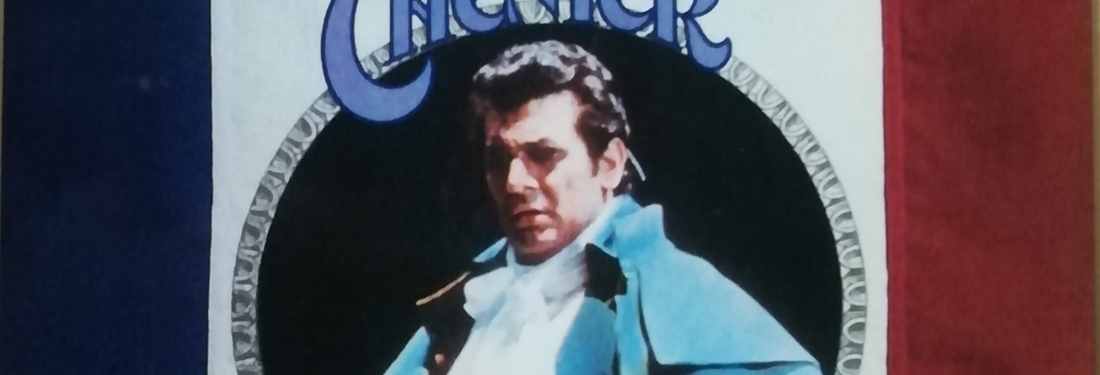
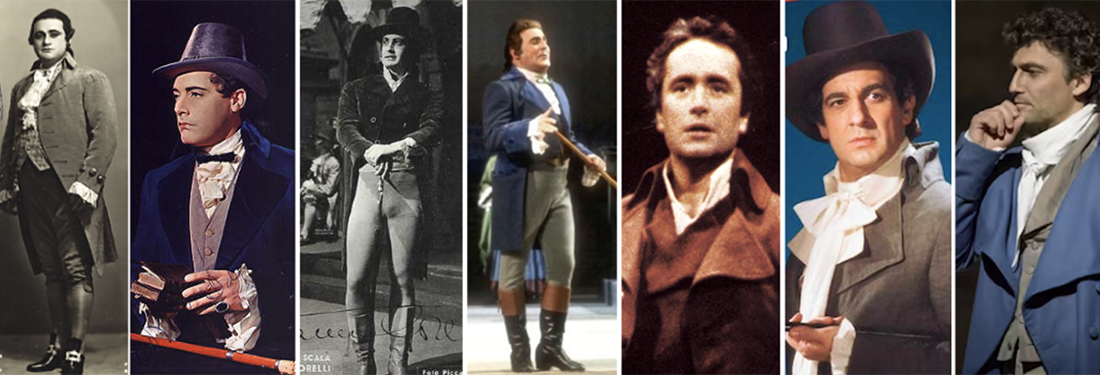
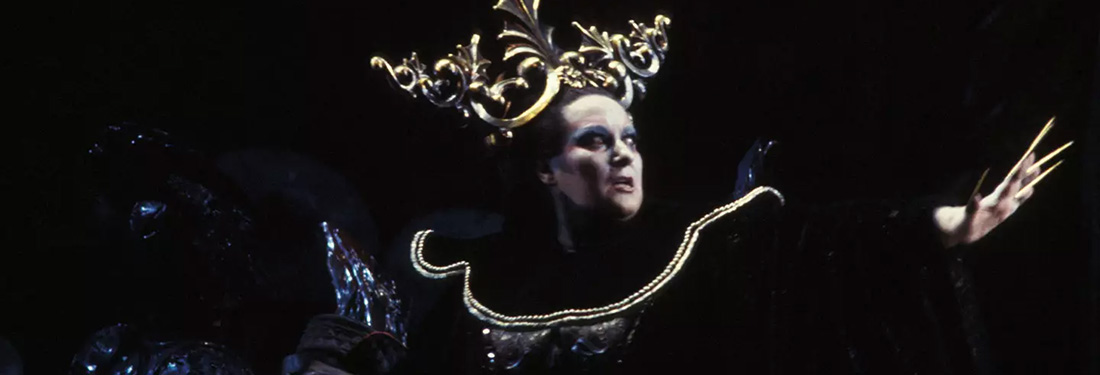
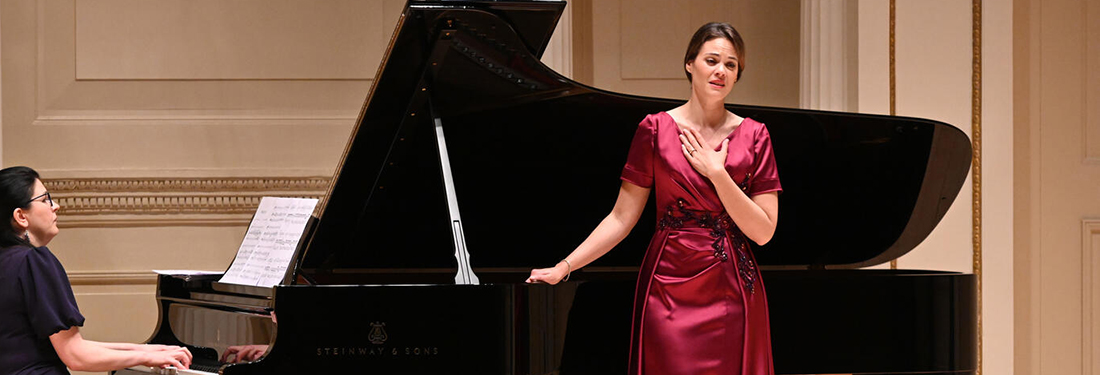
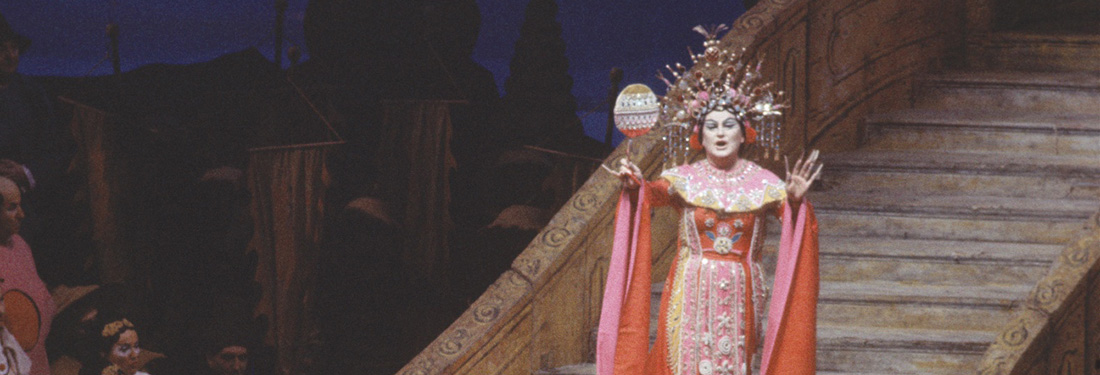
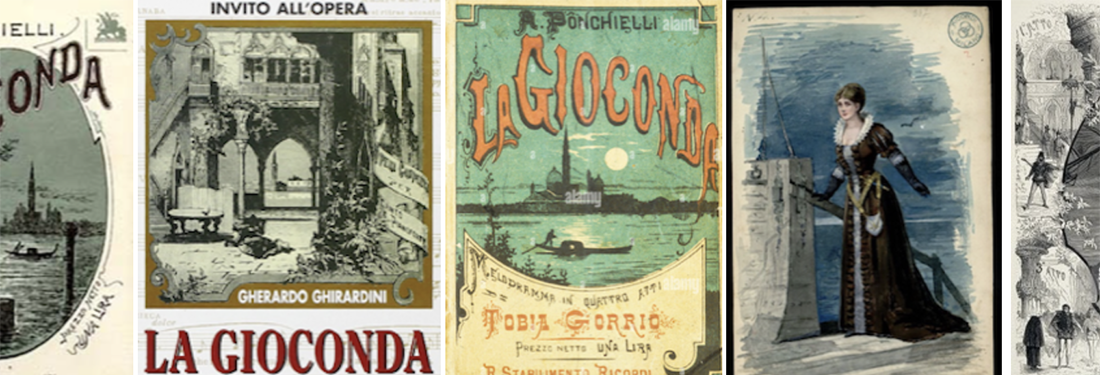
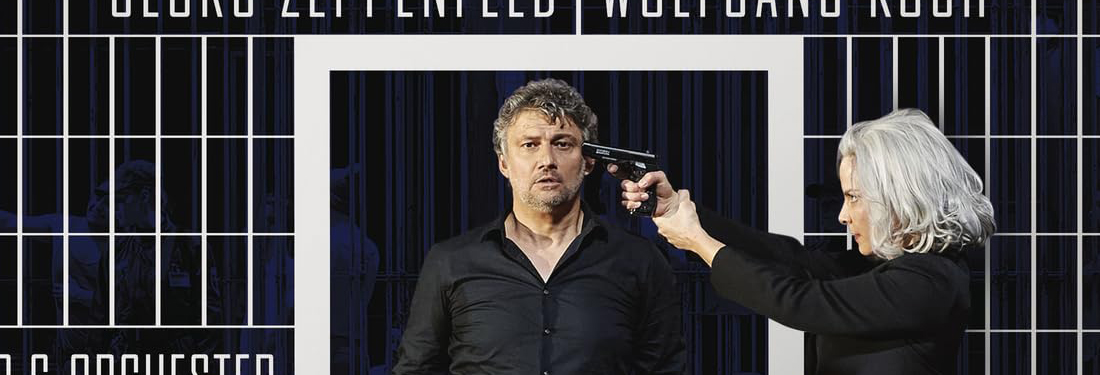
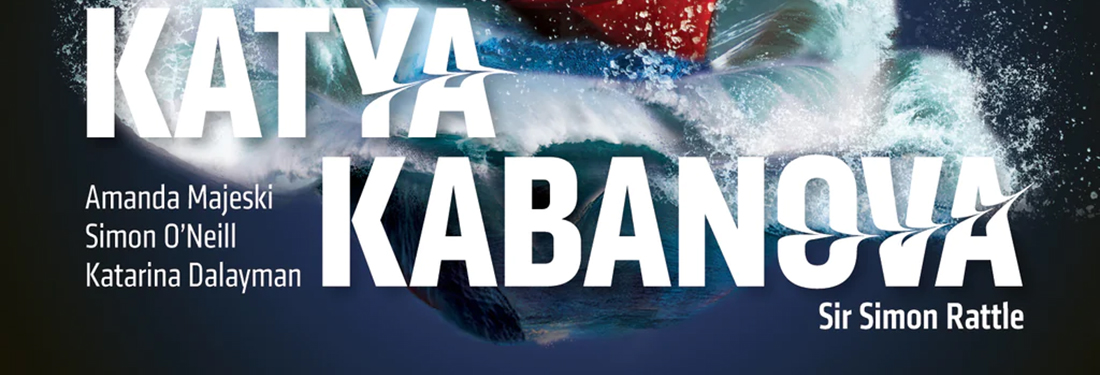
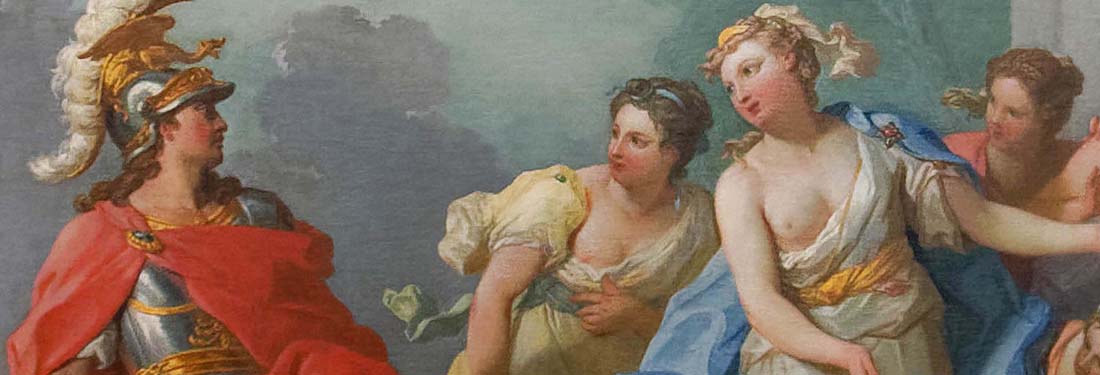
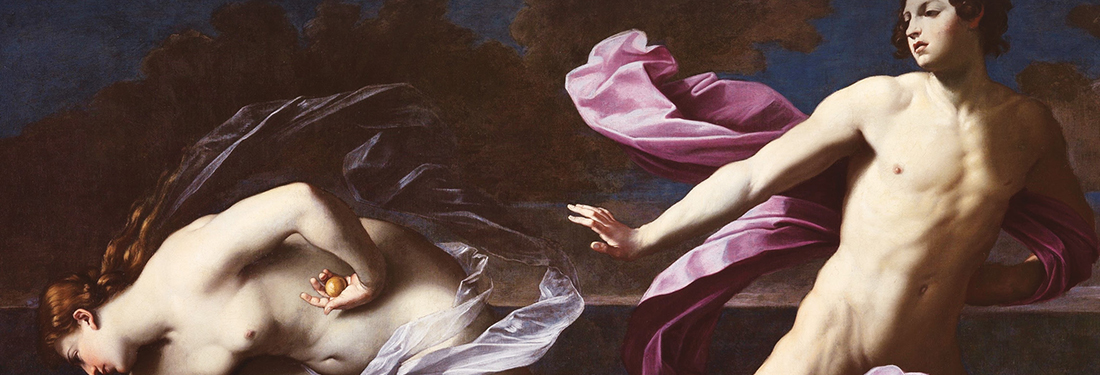
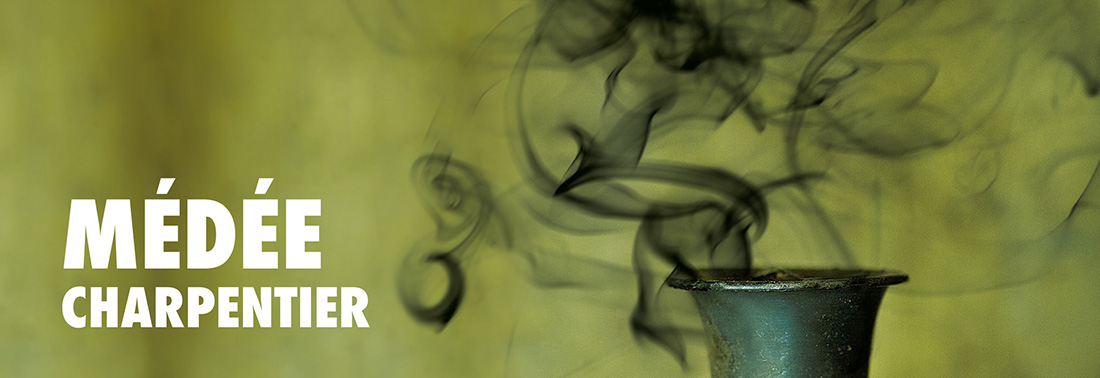
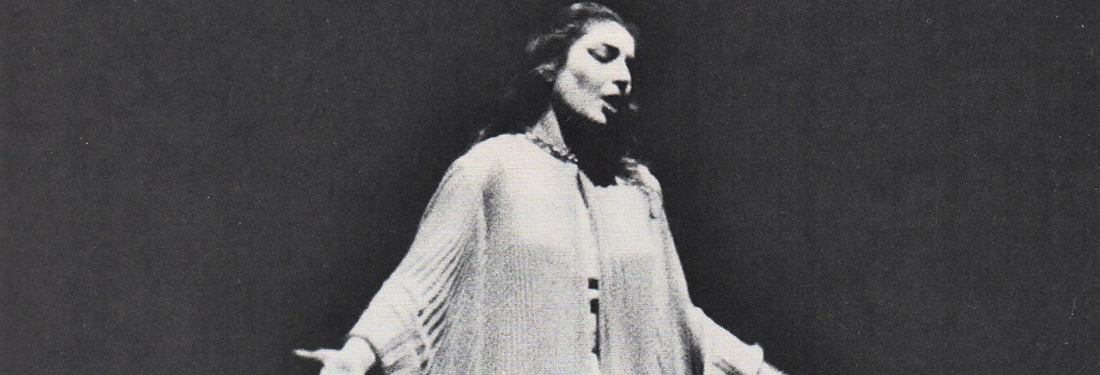
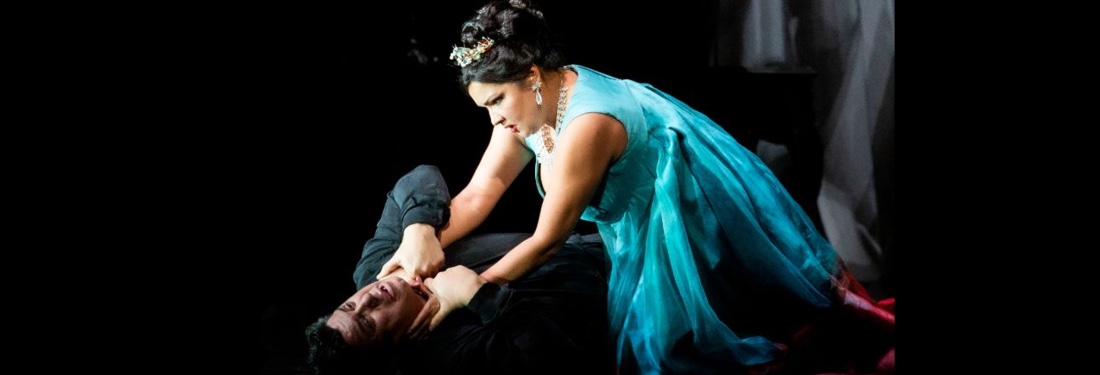







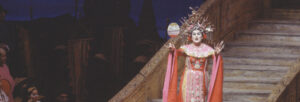
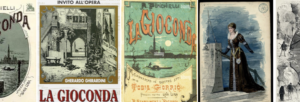



Comments